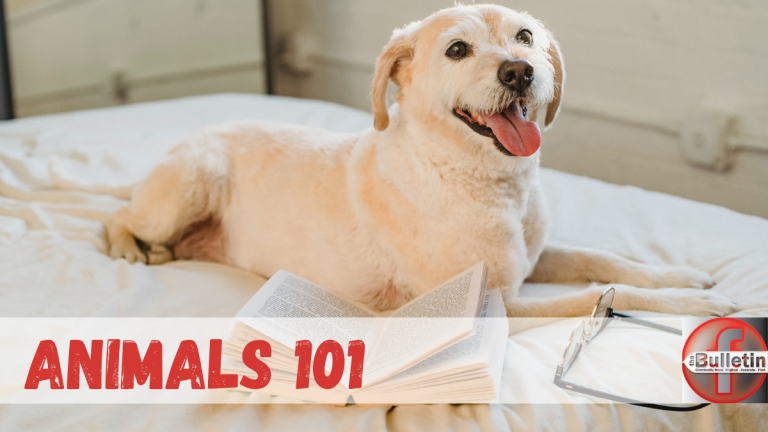
ARE YOU MAKING ETHICAL CHOICES WHEN IT COMES TO ANIMALS AND THE PRODUCTS YOU USE?
Most people don’t really give any thought to animals when they buy products for themselves, whether clothes, beauty or cleaning products, medicines, etc., but when you work in animal welfare, it most likely becomes second nature to make ethical choices, especially when it involves animals. Cruelty is not only physical abuse and unknowingly you might be cruel to animals by supporting certain practices, products, or industries. Today we will focus on the medical and beauty industry with regards to animal testing.
Animals used for research include (in decreasing order) mice, rats, birds, rabbits, guinea pigs, hamsters, farm animals (including pigs and sheep), dogs, primates (including monkeys and chimpanzees) and cats. Frogs and fish are also widely used. These are however not the only ones and some are sadly not protected under animal welfare acts. Animals can’t consent to this and their lives are given for a cause they can’t comprehend. Do you think that is ethical?
Charles Magel shares that when you ask the experimenters why they experiment on animals, the answer is, ‘Because the animals are like us.’ Ask the experimenters why it is morally okay to experiment on animals, and the answer is, ‘Because the animals are not like us.”
There are modern, reliable, effective, repeatable and available tools, yet they are not being exclusively used. Why? Dr. James Gallagher gives part of the answer: “Animal studies are done for legal reasons, not scientific ones. The predictive value of such studies is meaningless to men”. Legislation and potential litigation are to blame, along with vested interests.
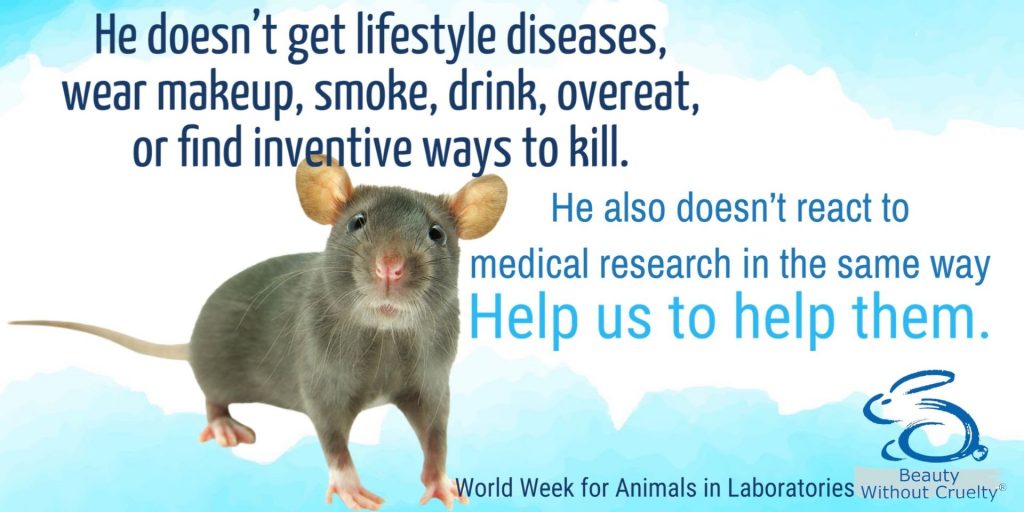
MEDICAL RESEARCH AND ANIMAL TESTING
Every year millions of animals suffer and die for nothing because animal-based experiments are misleading and retard medical progress. Did you know that when it comes to the statistics for medical research, the number of animals who suffer and die in laboratories increases to over 190 million a year? It is heartbreaking if you can even begin to imagine the suffering, kept in cages their whole life, being blinded, blistered and poisoned?
Here are just a few examples of how animal-based testing retard medical progress or how animals respond differently to humans as shared by Beauty without cruelty SA:
- The introduction of blood transfusion was delayed for over 200 years because of misleading results of animal experiments.
- Corneal transplants were delayed nearly 90 years by misleading animal tests.
- Morphine drugs are a depressant in rats, dogs, hamsters and other species, but produce tremors and convulsions at comparable doses in mice and cats. Morphine sedates people and dogs but causes maniacal excitement in cats and mice.
- Tests on animals have led to around 100 drugs being thought potentially useful for stroke; not one has proved effective in humans.
- Penicillin kills guinea pigs, but can be a lifesaver for humans.
- Aspirin and Streptomycin can produce allergic reactions for lab animals.
- Paracetemol kills cats.
- Did you know that more than 90% of experimental drugs that are safe and effective in animals fail in human clinical trials as they are too dangerous?
Animal studies do not predict with any certainty what will happen in humans! Dr. Sabin Albert also said that giving cancer to laboratory animals has not and will not help us to understand the disease or to treat those persons suffering from it.
Three major conditions explain why animal experimentation, regardless of the disease category studied, fails to reliably inform human health:
- The effects of the laboratory environment and other variables on study outcomes.
- Disparities between animal models of disease and human diseases.
- Species differences in physiology and genetics.
I agree with Beauty without Cruelty when they say that you don’t need to be a balaclava-wearing animal rights activist to question the value of animal studies in this area of medical research. Animal testing is INHUMANE, UNNECESSARY & INEFFECTIVE! There are safe, modern, effective, accurate, reliable and repeatable methods available that require no living beings. What’s missing is the will. Why are governments not legislating an end to all animal use and insisting that all future research and testing options must be modern, as these are the ones that benefit humans in the short, medium and long term?
We also support the development of the 4 R’s guiding principles, namely Replacement, Reduction, Refinement and Responsibility when using animals for scientific purposes. The more we push for better welfare standards, higher prioritization of animal life and further questioning the scientific validity of animal experiments, the more we can make a difference.
ARE YOU USING CRUELTY-FREE BEAUTY PRODUCTS?
Animal testing for cosmetics will never have a place, will never be necessary nor valid and should always be condemned.
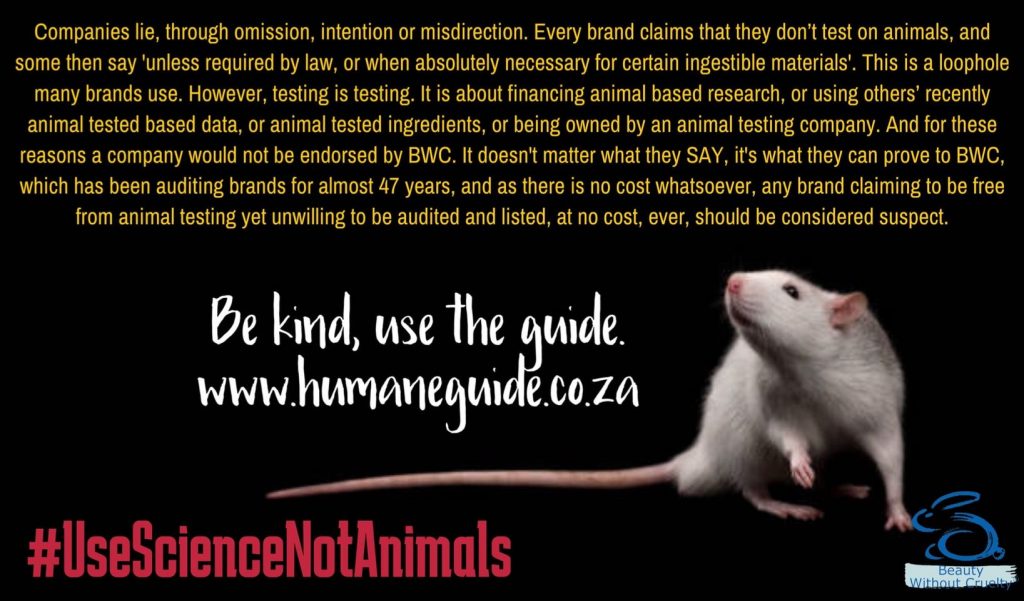
The term “cruelty-free” is unregulated. This means that brands aren’t breaking the law by calling themselves cruelty-free, even if they test on animals. Companies lie through omission, intention or misdirection. Many beauty brands try to mislead us this way, even some sold by your friends and family! It is not what they claim, but what they can prove!
The CRUELTY-FREE 5 QUESTIONS cover the stages at which animal testing can occur. If a brand can confirm that they pass these stages without animal testing, we can consider them really cruelty-free. Brands that are truly transparent and cruelty-free will respond with clear answers to these questions. If they skip questions or follow up with a short animal testing policy or smart marketing slogans, watch out because you might not be dealing with a cruelty-free company.
Contact the brand and ask them the CRUELTY-FREE 5 QUESTIONS.
- Does your brand test on animals, for either finished products or ingredients?
- Does your suppliers test on animals? How do you ensure this?
- Do any third-parties test on animals on your behalf?
- Do you test on animals where required by law?
- In which countries are your products sold?
One way you can distinguish these types of products from others is the rabbit logo on the product. It does not cost anything to be able to use the rabbit logo so when the brand can answer “no” to the 5 questions, with proof, they may be allowed to use the logos. So, the only reasons I can think of why a brand would not do it is because they are either testing on animals or they don’t care enough. PLEASE NOTE there are different rabbit logos and not all rabbit logos mean the same. I trust the Beauty without Cruelty logo.
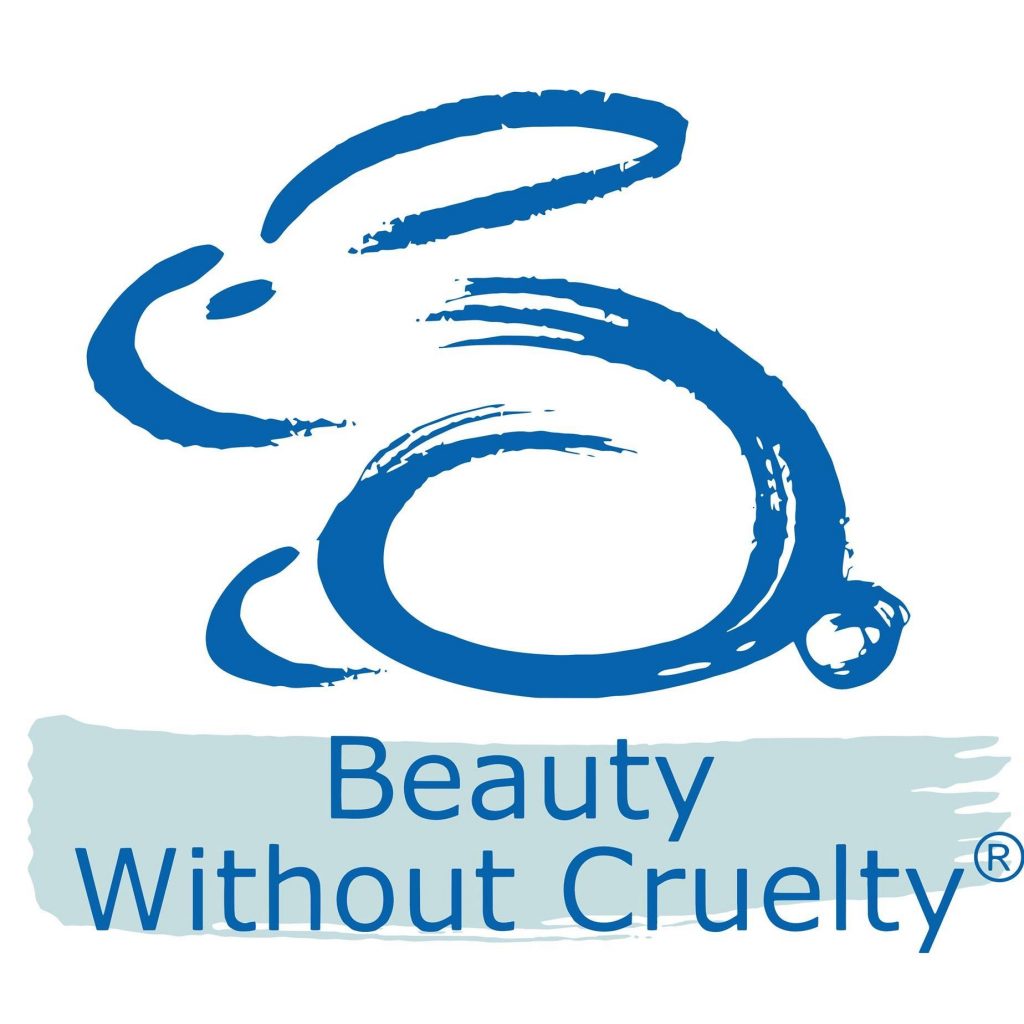
The day you make this decision to change the brands you love or products that work for you to cruelty-free brands, it can be quite overwhelming and it certainly was for me! There are just so many products that are tested on animals worldwide. Be kind and use the humane guide endorsed by Beauty without Cruelty (South Africa). They have already done the hard work and this comprehensive list of beauty products not tested on animals can and should be your go-to. Companies won’t provide the public with the detail that they require and get from them. Keep in mind that there are companies listed that don’t use the logo which also means the guide is essential. You can also contact BWC via social media.
If your brand is not listed there, you can contact your brand and ask the 5 cruelty-free questions or encourage them to apply for the use of the logo if they claim they are cruelty-free. I first asked a brand if they are cruelty-free and got a smart marketing slogan reply back. I then asked the 5 questions with no reply, so I changed my brand. For another brand I asked about the rabbit logo they do use but which I know doesn’t mean they are cruelty-free and got no reply. Next you can start with changing out your beauty products one by one as your current ones are finished. I have used Oh so Heavenly, The Good Stuff, Be Bare life (shampoo and conditioner bars) and W-beauty brand from Woolworths. (None are paid endorsements).
Next you can move to more environmentally friendly packaging products. Also think about the clothes you wear. Do you dress to kill, or kill to dress? I now choose not to buy any more fur, feathers (including feather duvets), or leather products.
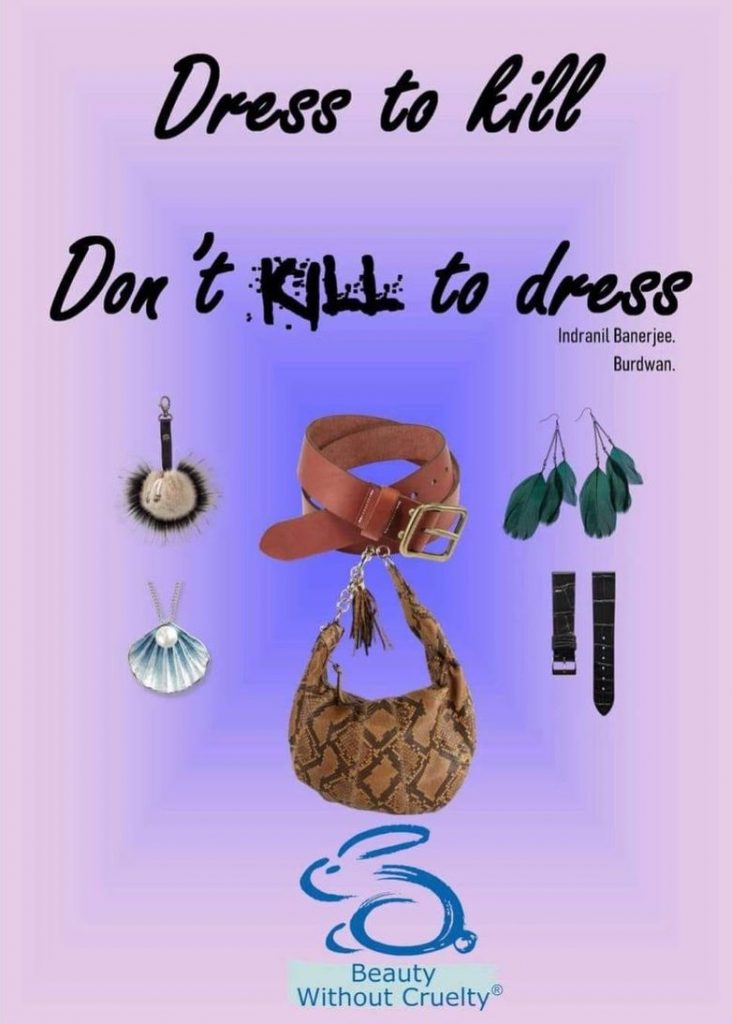
RECENT PROGRESS ON THE LEGISLATION FRONT
CHINA – As of May 2021, according to the Chinese National Medical Products Administration (NMPA), imported cosmetics products that fall into the ‘general’ category will no longer require mandatory animal testing to enter the Chinese beauty market. This means that shampoo, body wash, lotions, and make-up no longer require mandatory animal testing for products sold IN China. While animal use remains standard for hair dyes, perming products, blemish pigment-removing products, sunscreens, and others, including cosmetics claiming new efficacy, this is still a significant step forward. There is no mandatory animal use requirement for products manufactured in China for export purposes.
SOUTH AFRICA – An update on the SA Bill regarding a ban on cosmetic testing in SA currently before the Portfolio Committee: The Bill was presented in 2018 but ended up on the back burner, and was streamlined and had to be represented, thus Act 497 of 2020 is currently with the portfolio committee, awaiting review. The Bill shouldn’t be contentious, it is not complicated, far from it and it would be a big international win for the Government, doing the right thing. Beauty Without Cruelty (South Africa) has worked hand in glove with Cruelty-Free and assorted government officials to get us to this point and we look forward to things finally improving!
Watch this 4-minute animated short film on #SaveRalph. It is directed by Spencer Susser and stars Zac Efron, Ricky Gervais and others.
The least we can do is remember the animals, be thankful and acknowledge them for any breakthroughs in medical sciences they have helped towards, but continue to protest all unjust harm to them and for animal-free research to be our future. Make ethical choices when you buy products and please help create awareness for the many millions of animals who suffer and die in labs around the world for useless research every year!
Also read how to keep your cat safe.
Next week we will look at what to do when you find a wild bird.
WHEN YOU KNOW BETTER, DO BETTER!